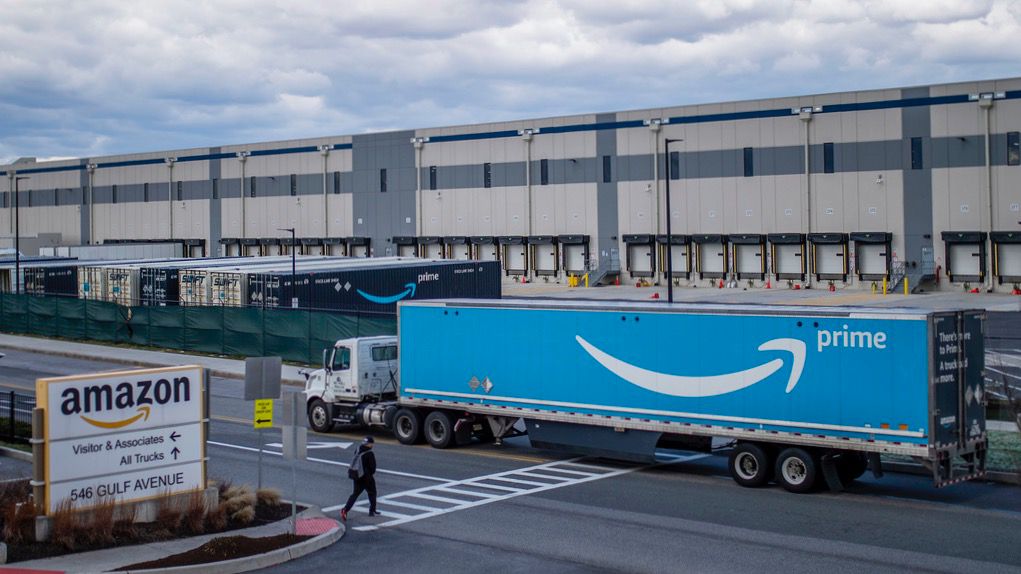Warehouses throughout the United States are contributing to poor air quality, according to a new study published Wednesday in the journal Nature Communications.
At least 15 million people in the United States live within about a half mile of a warehouse, exposing them to the health effects of increased traffic.
The rise of e-commerce has increased the need for warehouses to receive, sort and distribute goods, according to the study. As of 2021, there are nearly 150,000 warehouses in the United States, 20% of which are located in 0.3% of counties. Many of those warehouses are located in California and Texas.
The researchers noted a warehouse construction boom between 2010 and 2021 that produced larger buildings incorporating more loading docks and parking spaces to handle more traffic. Many of the warehouses built in the last decade were clustered in areas that already had several warehouses, such as San Bernardino, Calif.
More loading docks and parking spaces were generally associated with increased truck traffic that increased pollutants such as fine particulate and nitrogen dioxide, the latter of which was 20% higher near warehouses. Both types of pollution are linked with cardiovascular disease and premature death.
The researchers noted that lower-income communities and racial and ethnic minorities are most impacted by warehouse-related traffic pollution. Areas with warehouses had 59.7% more Hispanics, 69.5% Blacks and 50.9% more Asian, Native Hawaiian or Pacific Islanders compared with the national median.
Areas with clusters of warehouses showed even more racial and ethnic minority disparities, with 240% more Hispanics and 290% more Asians than the U.S. median.
For the study, researchers used NASA’s measurements of traffic-related nitrous oxide emissions, the Highway Performance Monitoring System’s traffic data and U.S. Census Bureau demographic information.
“Increased satellite-observed nitrogen dioxide near warehouses underscores the need for indirect source rules, incentives for replacing old trucks and corporate commitments towards electrification,” the researchers said.



